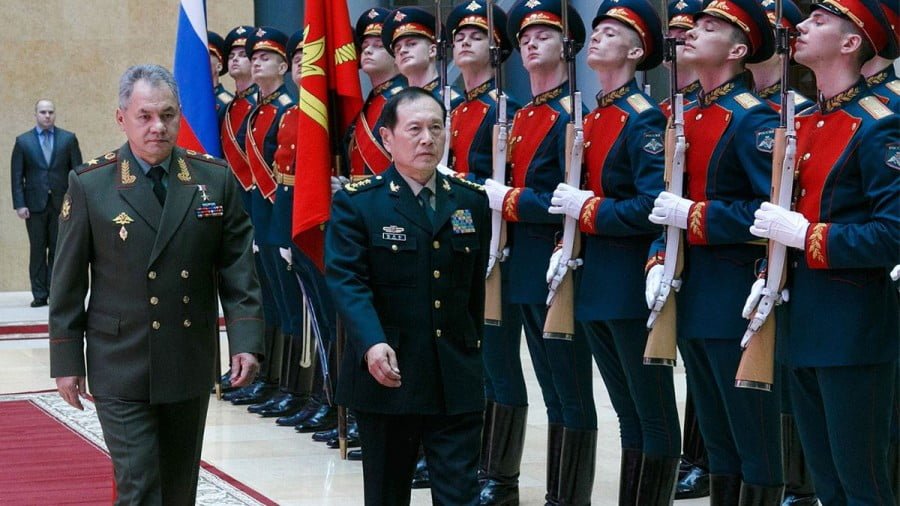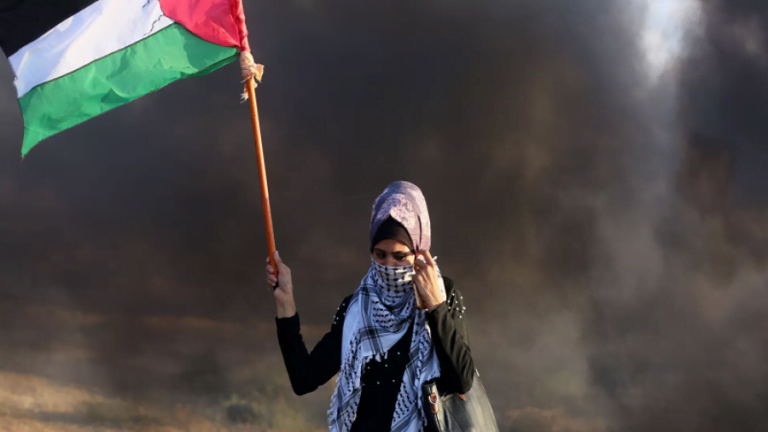Can the Confrontation With Iran Be Resolved?
As the standoff between Iran, Israel and the United States has intensified in recent months, politicians and observers in many countries are now expressing cautious optimism that the situation will subside with the change of administration in the White House.
In recent years, Washington and Tehran, not without the active encouragement of Israel, have regularly accused each other of various aggressive actions, exchanged threats of force and sanctions, the next stage of which took place in the first half of January, when Washington and Tehran expanded the lists of organizations and individuals subject to new restrictions.
The fate of the 2015 Joint Comprehensive Plan of Action (JCPOA) or “nuclear deal” — a set of measures to reduce the Iranian nuclear program in exchange for the lifting of international sanctions — which involved Iran, the permanent members of the UN Security Council (Britain, China, Russia, USA, France) and Germany, has caused particular controversy between the countries. The plan was successfully continued until the spring of 2018, when the Washington administration decided to withdraw from the deal, claiming that it was not in the interests of the United States (even though it was clear to everyone that the initiator of this step was the “dissenting Israel,” which President Trump was very enthusiastic about supporting). This step dramatically worsened relations between the countries and led to a serious deterioration of the situation in the Middle East.
Joe Biden spoke repeatedly during his campaign about his intention to return to the nuclear deal, but as he came to power it became clear to him that this return to the agreement would not be easy. A few days before his inauguration, there were reports in the Israeli media about negotiations involving advisors to the new American president and representatives of Iran, the topic of which was the renewal of the “nuclear deal” in one form or another. Subsequently, such news was confirmed in the form of new reports.
The day before Biden took office as president, Antony Blinken, the newly appointed US Secretary of State, announced Washington’s intention to resume cooperation with Iran on nuclear issues and that a new similar plan based on the old JCPOA was proposed, which would meet modern requirements. However, as Blinken emphasized, Washington will do it, but not before Tehran, which has been gradually abandoning its commitments since the US withdrew from the agreement in 2018 and imposed sanctions on Iran, returns to fulfilling them. He also clarified that even after Tehran makes such a decision, Washington “will need some time to assess whether it is fulfilling its obligations”.
In addition, as Antony Blinken admitted, the United States intends to use the nuclear deal to “work with allies and partners to create a longer-term, more durable agreement and to address a range of other issues that pose a serious challenge in relations with Iran.” And of course, this is primarily about the missile program that Tehran has been developing since the 1990s, which is also of particular concern to Israel. Recall that back on June 22, 2020, Mohsen Rezaee, secretary of the Expediency Discernment Council and former commander of Iran’s IRGC, pointed to the progress Tehran has made in the space sphere, which allows “detailed tracking” of US and Israeli military movements in the Middle East. On February 1, Iranian State Television broadcast the launch of the latest Iranian launch vehicle with a satellite, which is said to be capable of reaching an altitude of 500 kilometers.
However, this approach and Washington’s preconditions do not suit the Islamic Republic, which, in order to return to international agreements, expects the US to confirm the revelation of such a step, as it was not Tehran, but Washington that first violated the multilateral treaty by not fulfilling its obligations under the JCPOA. So shortly after Biden’s inauguration, Iranian Foreign Minister Javad Zarif called on the new US president to return to fulfilling his obligations under the JCPOA, as well as to unconditionally lift all sanctions imposed by Washington in recent years. If the US party rejoins the “deal,” Iran declared its readiness to cancel all of its measures taken since 2018, while the Iranian authorities consider it impossible to revise the terms of the JCPOA.
However, some warming of relations between Iran and the US and their willingness to negotiate clearly contradict Tel Aviv’s plans to establish unconditional Israeli hegemony in the Middle East. As a result, Lieutenant General Aviv Kochavi, Chief of Staff of the Israel Defense Forces, made some important statements on January 26, stressing that a return to the 2015 JCPOA, or a new agreement of this kind, “is the wrong step from an operational and strategic point of view.” Reacting to possible changes in the military-political situation, Kochavi ordered the preparation of operational plans to supplement the existing documents and “corresponding to the new risks.” According to information leaked to the Israeli media, it was claimed that the Chief of General Staff requested the creation of three action plans to disrupt Iran’s nuclear program, one of which would involve the use of military force. In official statements, the IDF General Staff clarified that the army will be ready to respond to any threat from Iran, although the final decision on the use of these plans will remain with the country’s leadership.
In response, the head of the press service of the Iranian army, Brigadier General Abolfazl Shekarchi, commented on the statement of the IDF Chief of General Staff Aviv Kochavi on the development of military operations plans to stop Iran’s nuclear program on January 28, emphasizing: “If the enemy commits even the slightest mistake, we will destroy the launching sites from which the missiles were launched and wipe Tel Aviv and Haifa off the face of the earth. This will be done in no time at all.”
After tensions between Israel and Iran reached a tipping point with open threats of war between them, the United States analyzed the situation and assessed the outcome of a potential war between Tel Aviv and Tehran, a possible scenario published by the American Military Watch on its YouTube channel.
Nevertheless, despite the well-known fears and, consequently, the risk of military action, one can see more and more restraint in the use of military force, especially from the United States, from the participants in the current confrontation, which gives hope for a peaceful scenario — not the easiest and fastest, but without open conflict. In this regard, there are great hopes for a more active participation in the search for a compromise solution by the guarantor countries of the 2015 JCPOA, as well as Europe in general, which Iran particularly sees as a mediator in the conflict with the US and Israel. But time will tell if the fragile peace can be preserved and if international diplomacy is ready to play its decisive role in this conflict.







